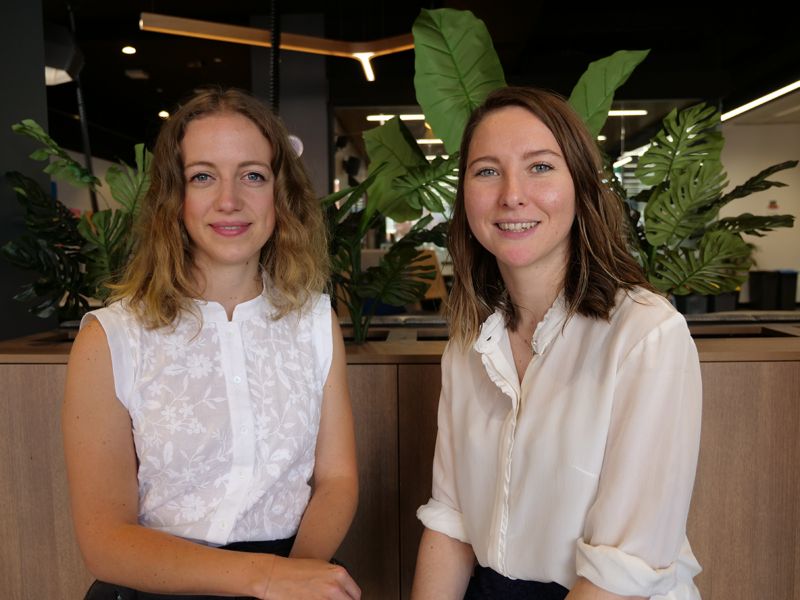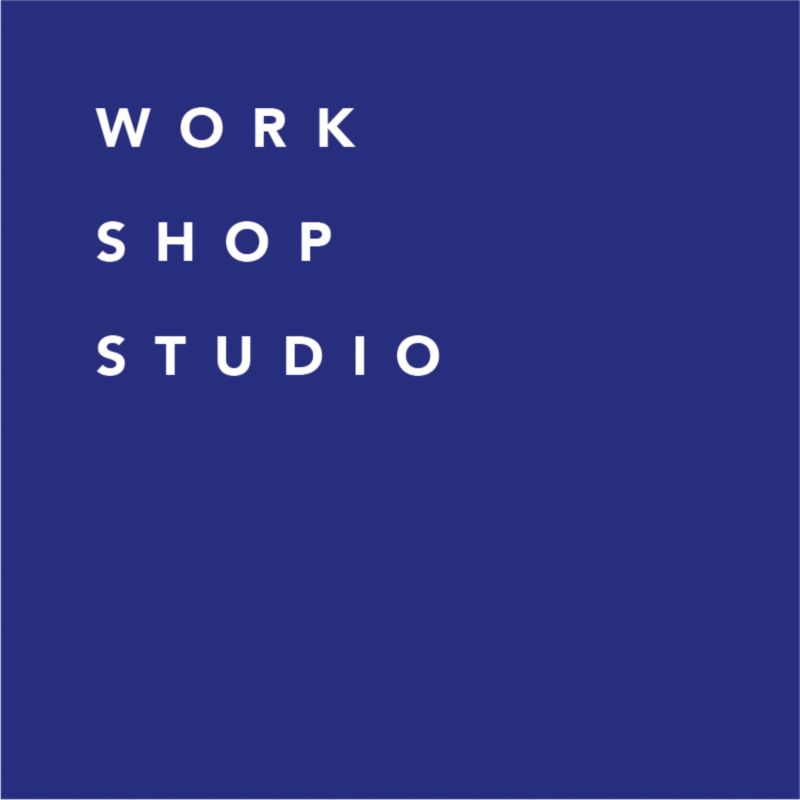Redesigning fashion culture with Nadia Foti and Tamsin Pritchard
When it comes to fashion, the word “nurturing” is not exactly what comes to mind. Nadia Foti and Tamsin Pritchard want to change that.

They are the founders of Work Shop Studio, a work and retail space nestled in the suburb of Abbotsford. With a vision to create a space for people to explore their creativity, the studio holds craft workshops and allows emerging fashion designers to display their work.
As fashion designers with their own labels, Nadia and Tamsin understand all too well the struggle of getting your name out in an industry that is infamous for being cutthroat.
“The biggest challenge with starting our own label is finding our audience and getting our voice out there,” said Nadia, who runs her own label, Nadia Foti.
“It’s not exactly an industry that props each other up and does shout outs. So, we feel that it’s our duty with Work Shop Studio to make sure that emerging designers are getting a voice and a platform.”
Tamsin, who recently launched her own line of bohemian streetwear called Tamashi, is excited about the opportunities they can provide for their fashion community.
“I think it’s important to genuinely want to help people,” said Tamsin. “It’s a different way of doing things.”
“We do Shoutout Tuesdays for new talents every week and people appreciate it so much. Many of our friends are in the same boat, struggling to achieve their dream in this industry. If we support and help each other, we can get to where we want to be.”
Nadia and Tamsin are two of the sweetest people you will meet in fashion, and their friendship is just as lovely. The two met while undertaking their Honours degree in fashion design at RMIT University and stayed in touch while working in the industry – Nadia is an award-winning designer known for her elegant and feminine pieces which include bridal wear, while Tamsin worked for Obus and Australian designer Akira Isogawa.
Nadia was working from home at the time and told Tamsin that she was looking for a new work studio. As fate would have it, Tamsin was informed by her landlord the following day that she needed to move out of her then studio space.
Together, they found an old photography studio with a shop front framed with blue tiles and fell in the love. The two of them pooled their resources to purchase industrial machines for dressmaking and set out to fulfill their vision of Work Shop Studio.

The creative duo joined the LaunchHUB program, which equipped them with the skills to turn their dream into a reality.
“The fashion program in university didn’t have a strong business focus, so we learnt the basics of business [at LaunchHUB],” said Tamsin.
“It helped us set up our pricing structure, the mentors and their vision of branding has been so in line with us.”
Part of their vision was also to promote ethical and sustainable fashion. Their experience as designers had opened their eyes to the unethical practices that were rampant in the fashion industry. Horrifying events such as the 2013 Dhaka garment factory collapse in Bangladesh, as well as the increased awareness surrounding fabric wastage and pollution from dyeing practices has sparked a call for the industry to adopt ethical and sustainable practices.
“I used to feel ashamed to tell people I do fashion,” said Nadia. “I felt that a lot of people judge me, saying that it’s very vain and frivolous. But fashion is also very powerful.”
At Work Shop Studio, Nadia and Tamsin make sure to incorporate sustainable practices in their work. They do small production runs for their labels to combat the fast fashion mentality and Tamsin only uses deadstock and biodegradable fabrics.
“I’m also very conscious about the lay of pattern on fabric to minimise the waste,” explained Tamsin. “And not use trims that are particularly harmful such as plastics or zips that are difficult to recycle.”
In an industry where people are hesitant to share contacts and information, Nadia and Tamsin believe that doing the opposite is crucial in promoting ethical and sustainable fashion.
“It took me eight years to find the right fabric supplier to provide ethical and sustainable fabrics. You need to do the legwork to create that portfolio, but I don’t see the point of withholding that information,” said Tamsin.
“The more people use those resources, the more money those companies will get and the more popular and mainstream [ethical and sustainable] fashion will become,” Nadia explained.
In addition to days where workshops are run, Work Shop Studio opens to the public every Saturday, allowing people to witness the origins of garments and how they are made ethically and fairly.
“The long-term vision is for people to rent the space the display their work. As we gain clients that way, we will open on more days and become a full-fledged store,” said Tamsin.
With their winning personalities and conviction, these women well are on their way to transform the fashion industry from within.
Related News
Acknowledgement of Country
RMIT University acknowledges the people of the Woi wurrung and Boon wurrung language groups of the eastern Kulin Nation on whose unceded lands we conduct the business of the University. RMIT University respectfully acknowledges their Ancestors and Elders, past and present. RMIT also acknowledges the Traditional Custodians and their Ancestors of the lands and waters across Australia where we conduct our business.